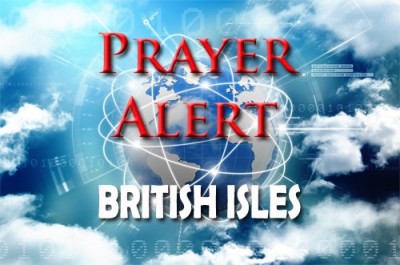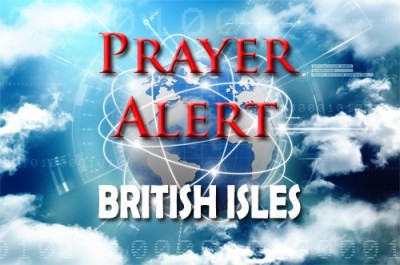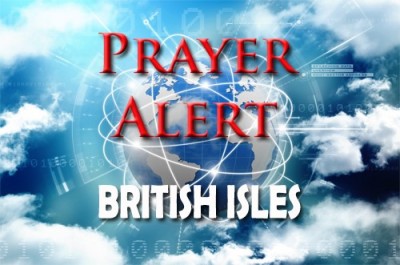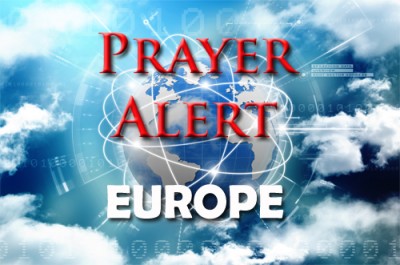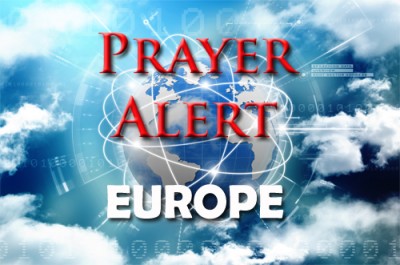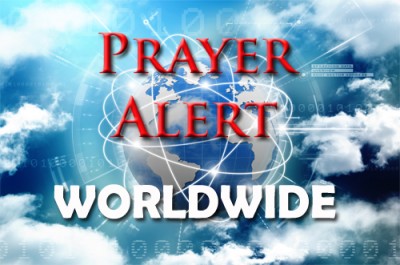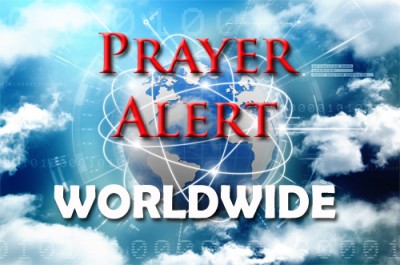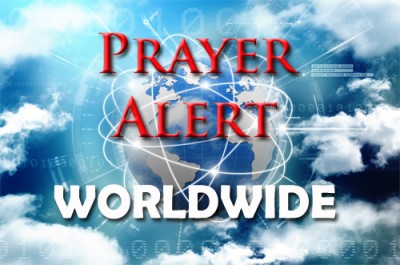Avian influenza (bird flu)
03 Dec 2020An avian influenza prevention zone has been declared across England, Scotland and Wales to reduce the risk of the disease spreading following a number of confirmed cases in recent weeks. This means that all bird keepers must follow strict biosecurity measures. Those with more than 500 birds now need to restrict access for non-essential people on their sites; workers must change clothing and footwear before entering bird enclosures, and site vehicles need to be cleaned and disinfected regularly. Backyard owners with smaller numbers of poultry including chickens, ducks and geese are also urged to strengthen their biosecurity measures in order to prevent further outbreaks of avian influenza in the UK. Public Health England said the risk to public health is very low, and the Food Standards Agency advises that ‘avian influenza poses a very low food safety risk for UK consumers’.
Government consultation - DIY abortions
03 Dec 2020Christian Concern write, ‘The Government has announced a consultation to decide whether to extend its temporary decision to allow DIY abortions. Brandished as “women's healthcare”, abortions that take place entirely at home are dangerous, providing no opportunity to safeguard women against coercive partners or go through proper safety checks - ultrasound scans and blood tests. Tragically, we know that many illegal and dangerous abortions have taken place since the government introduced the policy in March 2020. We need to do everything we can to protect women and babies by stopping this policy from becoming permanent. A number of pro-life groups are participating in “Care for Women”, a parliamentary briefing for MPs to advise them on all of the research showing that this policy is dangerous and offers no care for women. Please ask your MP to attend the briefing on Thursday 10 December at 2pm, via Zoom.’ Find your MP:
Because of Brexit, the UK must submit its own national climate plan to the UN climate body. Nineteen church leaders have written to Boris Johnson asking him to set ambitious goals when he submits the country’s first climate plan under the Paris Agreement. This agreement commits countries to keeping temperature rises ‘well below’ 2C above pre-industrial levels, and pursuing efforts to limit them to 1.5C, which is seen as the threshold beyond which the worst impacts of climate change will be felt. The letter to the Prime Minister was signed by the CofE's bishop for the environment, Rt Rev Nicholas Holtam, the Bishop of Salisbury; the Archbishop of Wales; and leaders from the Church of Scotland, the Baptist Union, Methodist Church, URC, and Quakers, as well as 57,000 others who believe the UK could be a true global leader.
Barnier warns Boris over fishing and finance
03 Dec 2020Michel Barnier has warned Brexit trade talks could be plunged into ‘crisis’ if Boris Johnson puts forward more legislation that calls into question last year's divorce deal. The Brussels diplomat is worried that the Finance Bill will contain clauses that breach the terms of the Northern Ireland protocol. He was infuriated when No 10 tabled legislation that handed ministers the powers to rip up sections of the Withdrawal Agreement relating to Northern Ireland. Mr Barnier made the warning during a video call with EU27 ambassadors. At the time of writing the future UK-EU relationship is still deadlocked because of disagreements over post-Brexit fishing rights and common standards, and Downing Street has yet to decide on a timetable for publishing the Finance Bill. Talks went on late into the evening on 2 December at the business department in central London. See
Five people have been killed and thirteen seriously injured after a car zig zagged towards pedestrians in the city of Trier. Among those killed was a nine-month-old baby. A 51-year-old man with no fixed address is in custody being questioned about the crash. He had been living in recent days in the Land Rover that was used in the attack. Chancellor Angela Merkel’s spokesperson said the scene was ‘shocking’. Police said the driver appeared to have hit pedestrians indiscriminately as he drove through the city centre at speed. They urged members of the public to avoid spreading misinformation about the incident.
Global Family 24/7 365 online prayer room
03 Dec 2020On 1 January 2021, International Prayer Connections will launch a global online 24/7 prayer room. The ‘Global Family’ is a collaboration of international ministries from every continent and will be hosted in many languages using Zoom. You are invited to join. Each hour will have Spirit-led, Bible-based, worship-fed, and Christ-exalted times of prayer to multiple gospel movements across the earth. There will also be prayer for unreached people each hour. Please consider giving time, when available, each week in 2021 (personally, your church, city, organisation, network, etc) to join hands in prayer. Secondly, you are also invited (with at least one backup person who could act as room host) to commit to facilitating prayer the same hour each week for the 52 weeks of 2021. There will be training and resources available to you as we near the start of the 24/7 Global Family. For more information, see
Israel: bill to disband Knesset
03 Dec 2020On 2 December. the 23rd Knesset came one key step closer to being dispersed, but it must still pass three more readings before a new national vote is called. Opposition leader Yair Lapid said, ‘I call upon the Knesset to vote in favour of this bill, to disperse and let the people of Israel choose a government that genuinely cares about them.’ Lapid said his bill was not intended to be ‘just another round of 'anyone but Bibi,’ aimed at defeating Netanyahu. He said the bill was being presented ‘because it's time to end that focus and ‘the anger and the hatred and the terrible mismanagement and the politics that are destroying our country and won't end as long as he's there’. Meretz leader Nitzan Horowitz said that Netanyahu needed to leave office due to his criminal cases, and he would have already left had Blue and White listened to his office and not joined the government.
An attack on 28 November by Boko Haram terrorists on farmers working in rice fields in northeastern Nigeria killed at least 110 people. ‘The incident is the most violent direct attack against innocent civilians this year. Many women are also believed to have been kidnapped. Security forces and volunteer vigilante groups are searching to find people still missing. Locals say they recovered 43 bodies in villages near Maiduguri, the capital of the restive Borno state, which has been plagued by an armed campaign for over ten years. A local resident said, ‘Nobody knows the exact number of people killed. We can’t account for farmers who were there; we don’t know if they are hiding in the bush or if they were kidnapped.’ Pray for God to comfort the mourners. See also
